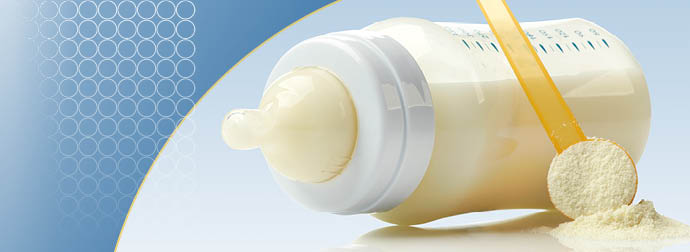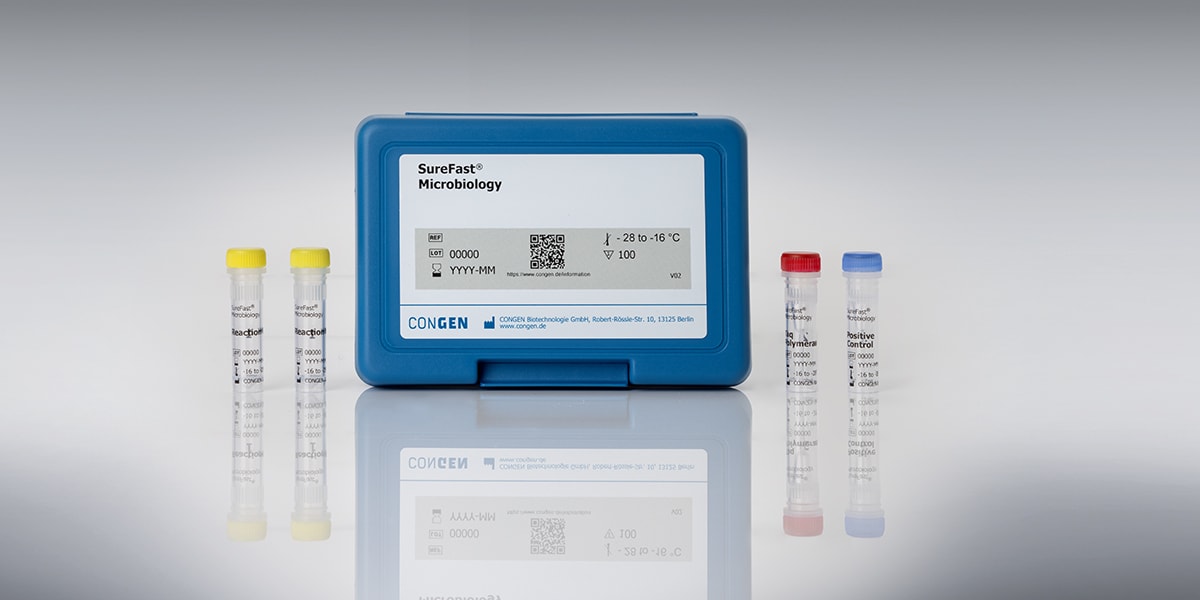
Recent news in Food & Feed Analysis
- Home
- /
- Salmonella in baby food
Salmonella in baby food

It’s a case that has caused serious concern not only in France: salmonella was found in baby food from a French dairy company. More than 12 million cans of baby milk were recalled – and the scandal is growing. Here’s why salmonella is dangerous and what you can do against it.
Recent finds of salmonella in dairy products from French company Lactalis have far-reaching consequences: thousands of tons of baby milk had to be recalled, 83 countries are affected. At least 37 babies fell ill. Now, allegations are being made against the manufacturer. French Economics Minister accused the company of reacting too late, and even some retail chains criticized the way Lactalis handled the recall. Meanwhile, the police conducted raids at several production sites and the government announced that it will tighten control rules for the dairy industry.
The scandal shows once more how important hygiene monitoring is in food production. Salmonella can cause diarrhea and other symptoms such as stomach ache, headaches and vomiting. In adults, the symptoms usually subside after a few days. However, an infection can be dangerous for small children and weakened persons since they are highly sensitive to fluid loss. In severe cases this can lead to circulatory collapse or kidney failure. Especially for baby food, product safety is therefore a top priority.
In order to ensure product safety, a hygiene management covering surface control as well as food analysis is essential. Several test methods can be used for the detection of microbiological contamination. The frequently used culture medium plates involve a plate that provides specific nutrients for the bacteria. When the sample contains the respective bacteria, they will grow on the plate, and after an incubation period, the colonies can be counted. However, this incubation period can be 24 hours depending on the test used. ELISA tests require an incubation period, too. A faster option is a PCR test that detects the pathogen’s DNA. Nevertheless, particularly perishable food is often already on the market before the official test result is obtained. In this case, a recall is inevitable.

